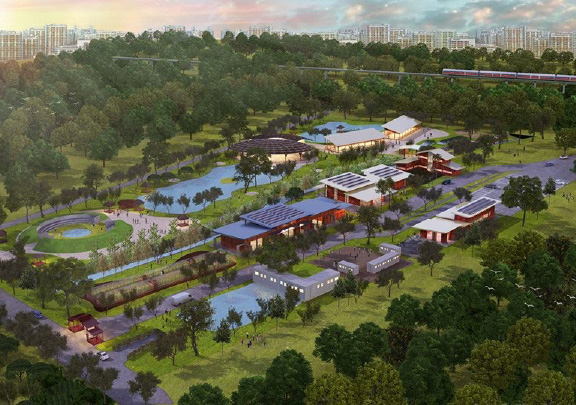Course
20.312 Social Architecture: Theory and Practice
Instructor
Chong Keng Hua
Course Description
Social Architecture — Theory and Practice aims to equip the students with theoretical/historical knowledge of ‘Social Architecture’ as well as practical skills for practicing it. Students are exposed to key concepts, methods and goals developed in social architecture, an umbrella term that includes community architecture and planning, community design, social design, democratic design, community development, etc. which share a common approach of environmental design that encourages social behaviors leading towards public interests and common good, such as liveability, safety, and sustainability.
Social architecture and public spaces play an essential role in the our society: as areas to foster social interactions, places for cultural practices, and spaces to interact with nature. The role of responsible architects, planners, and urban designers is to design such environments that benefit humanity and ecology. As the world is currently coping with the most serious health crisis of the century, such responsible design becomes all the more crucial now and in the future.
While it is not easy to find works reflecting on this promise in mainstream architecture, there is no lack of ‘creative activism’ within the profession across the world: from disaster relief to vernacular revival and climate resilience, and from tactical urbanism to advocacy in community and social equality. In Singapore, architects, planners and designers have also been advocating for heritage, biodiversity, sustainability, food resilience, and participatory design. These social architects envisage new direction in architecture, take action to bring about change, and use design as a means to encourage others to join them.

